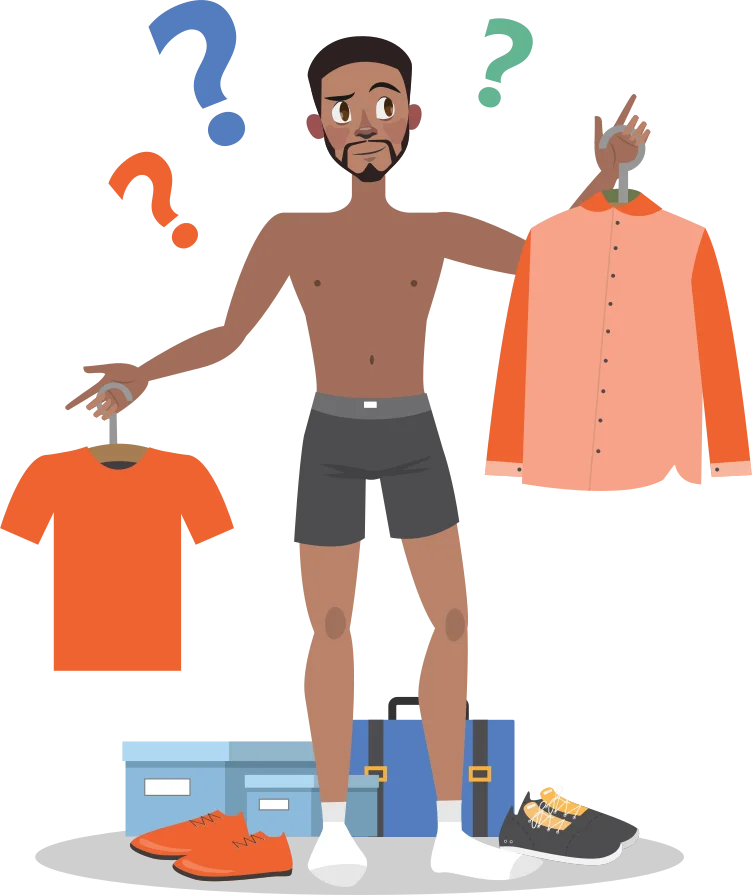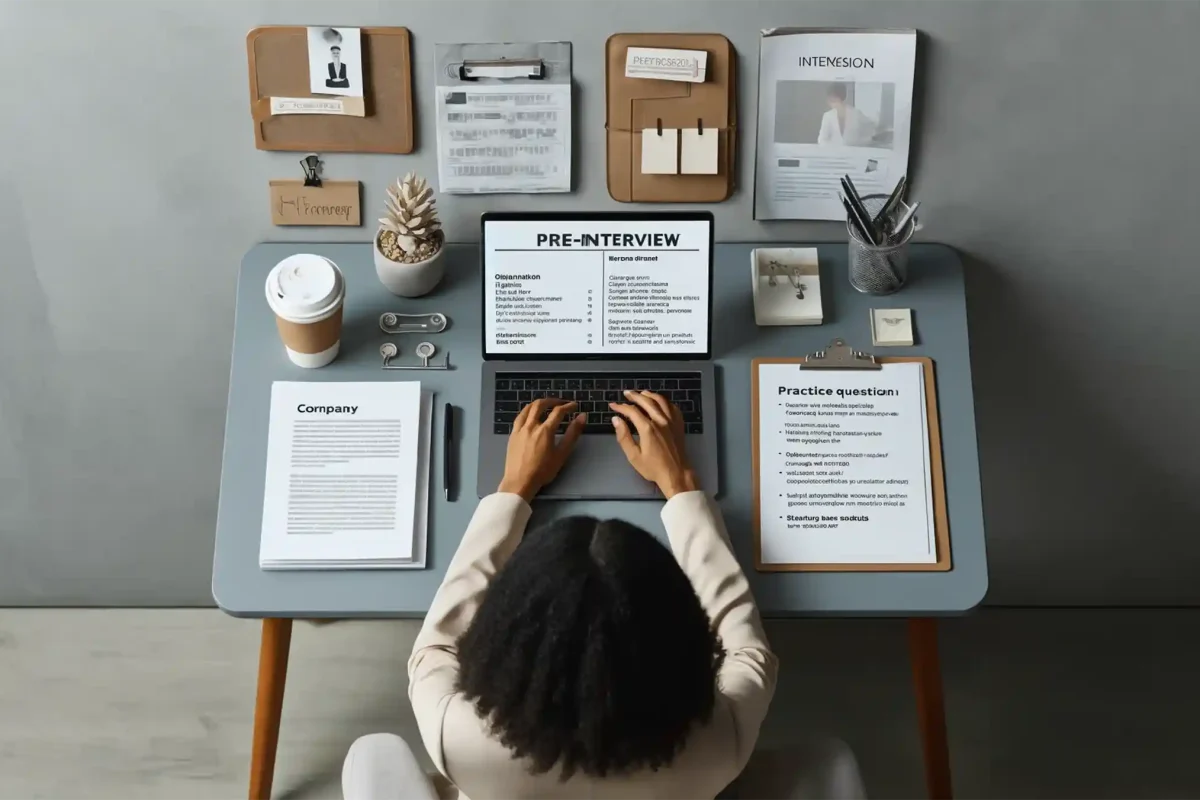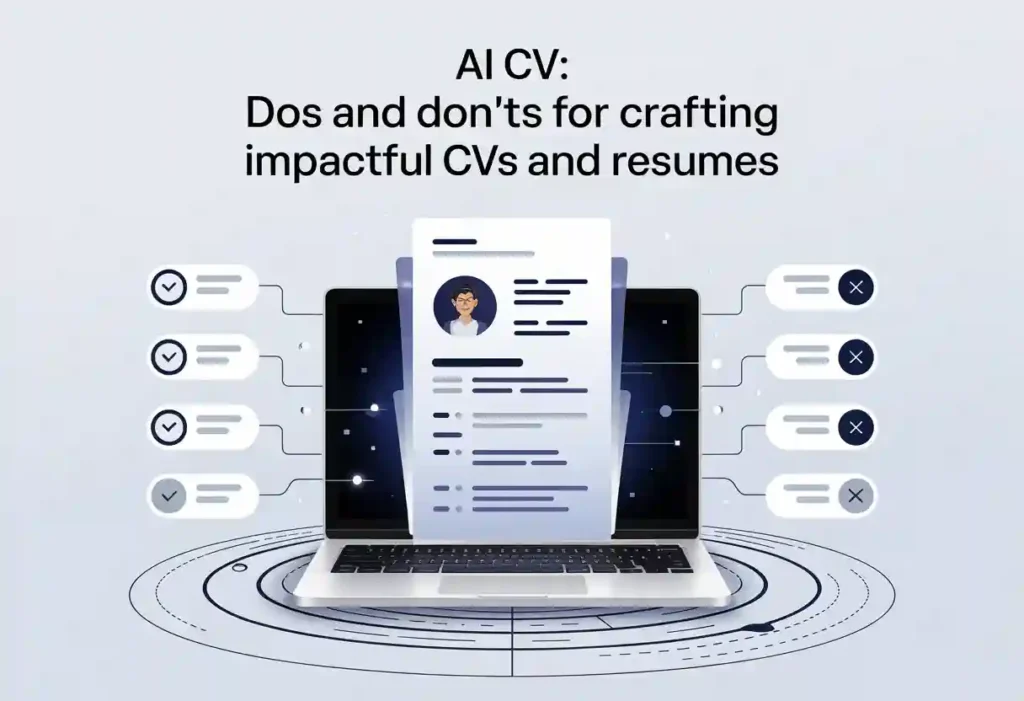How to Prepare and Show Up Like a Top Candidate
Everyone likely attends an interview at one point in their life or another.
Interviews aim to find the best candidates for a particular job vacancy.
Everyone’s intention during an interview is to impress the interviewing panel.
The selected candidates are usually familiar with the field before the interview.
What decides who gets picked lies in the few minutes of the interview.
Good certificates and credentials are not always a guarantee to beat all contestants.
An extra feature that will place you ahead of other contestants always comes in handy.
Now let us analyze which of these features you could master control over.
All candidates submit their application letters, resumes, and CVs.
However, each candidate will differ in their interview preparation and conduct.
An interview is a place where you should distinguish yourself.
You should know how to prepare adequately for an interview.
Arrive early for your interview, approximately ten minutes before the interview. Arrive early enough, as this will tire you after waiting too long.
Dress officially. If a piece of clothing looks casual to your eyes, then do not wear it.
Be bright and neat, wearing well-fitting clothes that are not too tight or buggy. Do quality research about the company, its strengths, and its weaknesses.
So, adjust your application letters to address the threats and maximize the strengths.
Interview Preparation Tips
First things first! There are specific preparations that an interview necessitates before its material day.
These preparations include confirming your attendance at the interview.
Most interviewers offer the interviewees a chance to select a day that would suit them.
You should follow the suggested date, but if you have to, you could adjust to a more suitable date.
Once you confirm your attendance, it is time to prepare the necessary documents.
These include CVs, resumes, certificates, and recommendation letters.
Ensure you put all these documents in your file the night before the interview.
Like this post?
Sign up for our blog updates and never miss a post.
We’ll send you A FREE job interview eBook as a thank-you.
PRO-TIPS ON HOW TO PREPARE FOR AN INTERVIEW
- Arrive early
- Be confident during the interview
- Ask questions
- Dress well
- Be polite
- Do not beg for the job
- Do not dominate the conversation
Dress Well
How you dress has a significant influence on the way you fare during the interview.
As the saying goes, “Clothes make a man.”
The interviewers’ first impression of you will come from how you dress.
As such, there are dos and don’ts about dressing for an interview.
The clothes should be intelligent, neat, clean, and well-fitting.
Avoid torn clothes or too tightly-fitting clothes.
The idea is that it’s better to overdress than to underdress.
However, corporate dress would be the best deal!
Avoid too many beauty accessories, such as too much makeup or conspicuous earrings.
Also, avoid fancy belts or watches.
Keep it as official as possible, regardless of how you dress, with the right effort.
Some people also point out that red ties depict power and yield poor results in an interview.
Research on the Company or Organization.
Many companies have online profiles and free-access websites.
On these platforms, you can fish for essential details about the companies.
Some interviewers ask candidates to state the company’s mission or vision statement.
Although this is not always the case, it would not hurt to familiarise yourself with them.
Researching the company also enables you to determine its strengths and weaknesses.
It then becomes easy to refresh your CV or resume.
You can also develop efficient responses during the interview.
An excellent response includes your plan to solve the company’s threats and weaknesses.
It should illustrate how you can use your strengths to yield better results.

Create A Memorable Good First Impression
How do you make an excellent first impression?
Interviewers face the task of selecting a few individuals from a great variety.
They will likely drop candidates with a poor first impression of the contest.
To make an excellent first impression, the candidate should arrive on time.
They should also dress nicely.
Be courteous during the interview. Such courtesy includes greeting the interviewer(s).
Also, give high-quality responses to questions asked.
Whenever the interviewer tells you their name, you must master it and refer to them by that name.
This little skill speaks volumes for the panel. It shows that the interviewee is keen and passionate about the interview.
Neat and well-arranged documents also paint a good image.
Also, maintain eye contact and sit upright.
Reach Out to Employees in the Company
You should reach out to employees already working in the company.
These employees went through a similar interview process at one point.
They could offer a tip or two to help them perform better during the interview.
However, when reaching out to these employees, keep the connection professional.
Also, always introduce yourself.
Before asking for advice, you should establish a good rapport with the second party.
Dos
- Always arrive early for the interview, with enough time to spare
- Dress well for the interview. Keep everything professional.
- Keep low-key makeup, neat short hair, well-polished shoes, and neat, well-fitting clothes
- Gather information about the company for which you are looking for employment
- Familiarize yourself with the organization's mission and vision statements
Don'ts
- Avoid overdressing, such as wearing too much cologne
- Avoid giving simplistic answers to questions the interviewers ask. They might perceive this as a sign of poor preparation
- Do not keep your phone ring volume at high volumes
- Interviewers want you to be active during the event. Still, don't try to control or dominate the conversations.
- Don't stray out of the topic
- Don’t be late for interviews. It doesn't speak well of you.
Still, on the ‘dos,’ no interviews are the same.
Yet, there are general practices that are superb for any interview.
Still, these are some of the things to do during an interview.
For example, about dressing, your gut feeling about the way you dress is correct.
But you could ask a friend to rate your dress or stand before a mirror to gauge yourself.
Good luck with your next interview!
On the ‘don’ts’ side: Always avoid arriving late for an interview.
Yes, no lateness! In most cases, many interviewers do not offer second chances to latecomers.
Late arrivals are a terrible first impression.
Worse, you could find that the interview is well-closed.
Yes, overdressing can be an issue sometimes. This could be dismissive to the interviewers.
Silence your phone, at least!
The phone may ring and cause distractions, a nuisance to the interviewers.
This young PhD graduate, Gabriel, attended a high-prospect interview for a senior lecturing job in 2019.
His phone rang during the session.
He struggled to take it from his pocket and turn it off.
Did he pass the interview? Yay, he did.
Yet, the interviewers rejected his candidature even when he was the best.
He also failed to find another job for 11 months afterward.
Your phone ringing during a job interview can be unpardonable for some panelists!
10 things you should never do at a job interview
- Arrive late
- Dress
- Inappropriately speak negatively about a previous employer
- Lie or exaggerate on your resume
- Show a lack of knowledge about the company
- Interrupt the interviewer
- Use slang or informal language
- Be unprepared for the interview
- Appear disinterested or disengaged
- Ask about salary or benefits before the employer brings it up.
Let’s look at each briefly. Shall we?
Arrive late
Being punctual is crucial to professionalism and respect for the interviewer’s time.
Lateness can also indicate a need for more planning and organization, and a lack of mastery in prioritizing crucial tasks.
Dress inappropriately
The dress code can vary depending on the company culture and the role you are applying for, but it’s always best to dress professionally.
Inappropriate clothing can make a wrong first impression and can also be distracting to the interviewer.
Speak negatively about a previous employer
Speaking negatively about a previous employer is an all-time no-no. It can make you appear unprofessional and difficult to work with.
Or make the interviewer question your judgment and decision-making abilities.
Lie or exaggerate on your resume
Being honest on your resume is essential, as lying or exaggerating can lead to getting caught and losing the job opportunity.
Also, if you exaggerate your qualifications, it may be difficult for you to perform the job you are interviewing for.
Shows a lack of knowledge about the company
Not researching the company before the interview can indicate that you are not genuinely interested in the position and may make you appear unprepared.
Interrupt the interviewer
Interrupting the interviewer can make you come across as rude or disrespectful and disrupt the flow of the conversation.
It’s essential to let the interviewer speak and to wait for them to finish their question or statement before responding.
Use slang or informal language
Using slang or informal language can make you appear unprofessional and make it difficult for the interviewer to understand what you’re saying.
It’s essential to speak clearly and use proper grammar during an interview.
Be unprepared for the interview
Being unprepared for the interview can make you appear unorganized and disengaged.
It’s essential to take the time to prepare answers to common interview questions.
Also, review any materials the interviewer may have provided before the interview.
Appear disinterested or disengaged.
Appearing disinterested or disengaged can give the impression that you need to be more excited about the job opportunity or need to take the interview seriously.
Maintaining eye contact, providing thoughtful answers, and asking relevant questions to show engagement is crucial.
Ask about salary or benefits before the employer brings it up
Asking about salary or benefits before the employer brings it up can make it seem like you’re more interested in the pay than the job itself.
It’s best to wait for the employer to bring up compensation and benefits talks first.
Or you ask about it after the employer has determined that you are the right fit for the job.
Closing Thoughts on How to Prepare For An Interview
Is this the end when you upload your job applications or submit cover letters and CVs?
Nope! They are only one aspect of the job search process.
Every job seeker does this. Not so?
The best way to get the interview and scale it is to take the route that 99% of job seekers will seldom want to travel.
Research the challenges and threats the organization is facing.
Let’s break it down into simple steps:
Research = Company’s mission + Vision + Challenges + Threats.
You must take time to decipher the needs of the company.
Most companies have competitors and threats.
The only exceptions will be if they are a monopoly, which is usually unlikely.
You should research and offer solutions to these challenges and beat the threats.
Network with the people already working in your dream company.
In this case, that will be the company you are applying to.
Politely reach out to these insiders. It will amaze you how valuable their support can become.
They were once job seekers like you.
They could likely give you one or two tips on acing the interview from their experiences.
If you play your social skill cards well, you may even get a referral from them!
The secret is in networking with the top people in the company.
Companies can also recruit a candidate through an employee referral.
Thinking of ways to start?
LinkedIn makes the referral process a lot easier.
You can see the employees of a company by going to the company’s profile. Start from there!
But always remember to connect before asking for favors and advice.
Be a Star…Shine! Listen, when the chances are one in a million, be that “one.”
This takes hard work. In case no one has ever told you, looking for a job is a job!
Don’t merely spend weeks or months job seeking.
Instead, while at it, build a reputation and network with professionals.
You can choose someone with the best performance, skills, and personality for your desired job. Need help finding what you want?
Take the following personality tests.
It will amaze you where you fit and for what role.
The tests are Deloitte Business Chemistry, Crystal Knows, and Myers-Briggs.
Standing out from the crowd also begins with you clicking the link below.
It will amaze you how simple it can be with CVJury. To land more interviews and a job, please access your must-read article on writing a resume like a guru.
Further Reading: How to Prepare for an Interview
- Top interview tips
- Salary expectations
- One of our best articles on resume builder
- Follow us for more tips
- Best career tests



